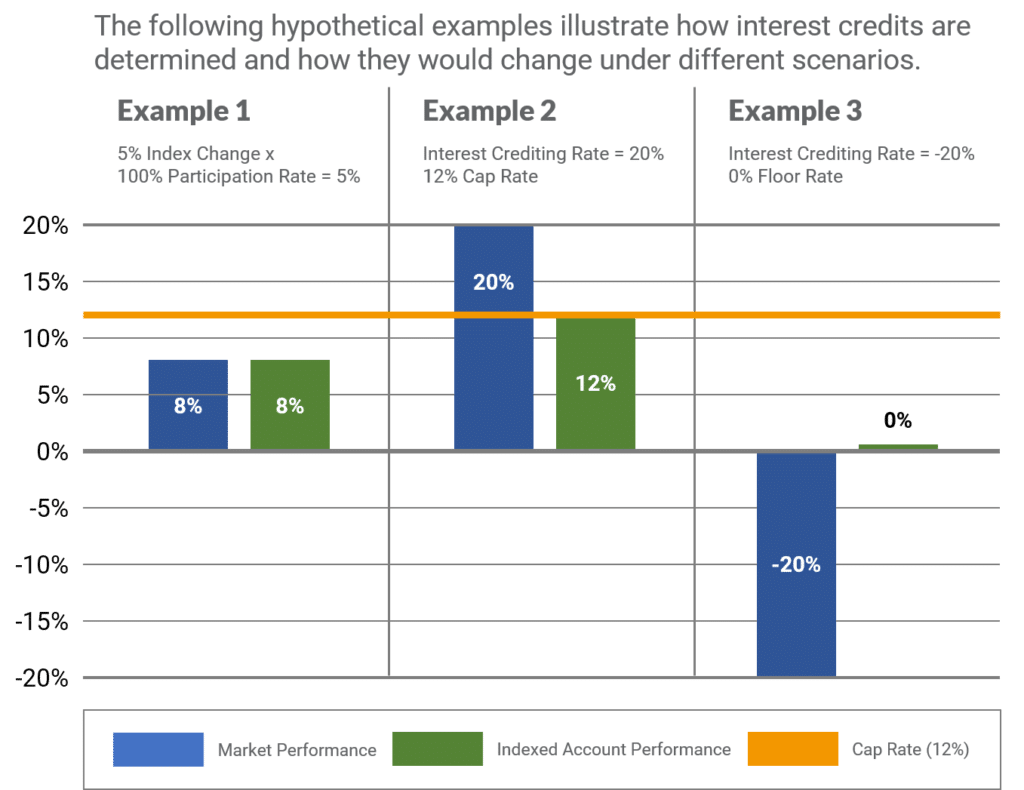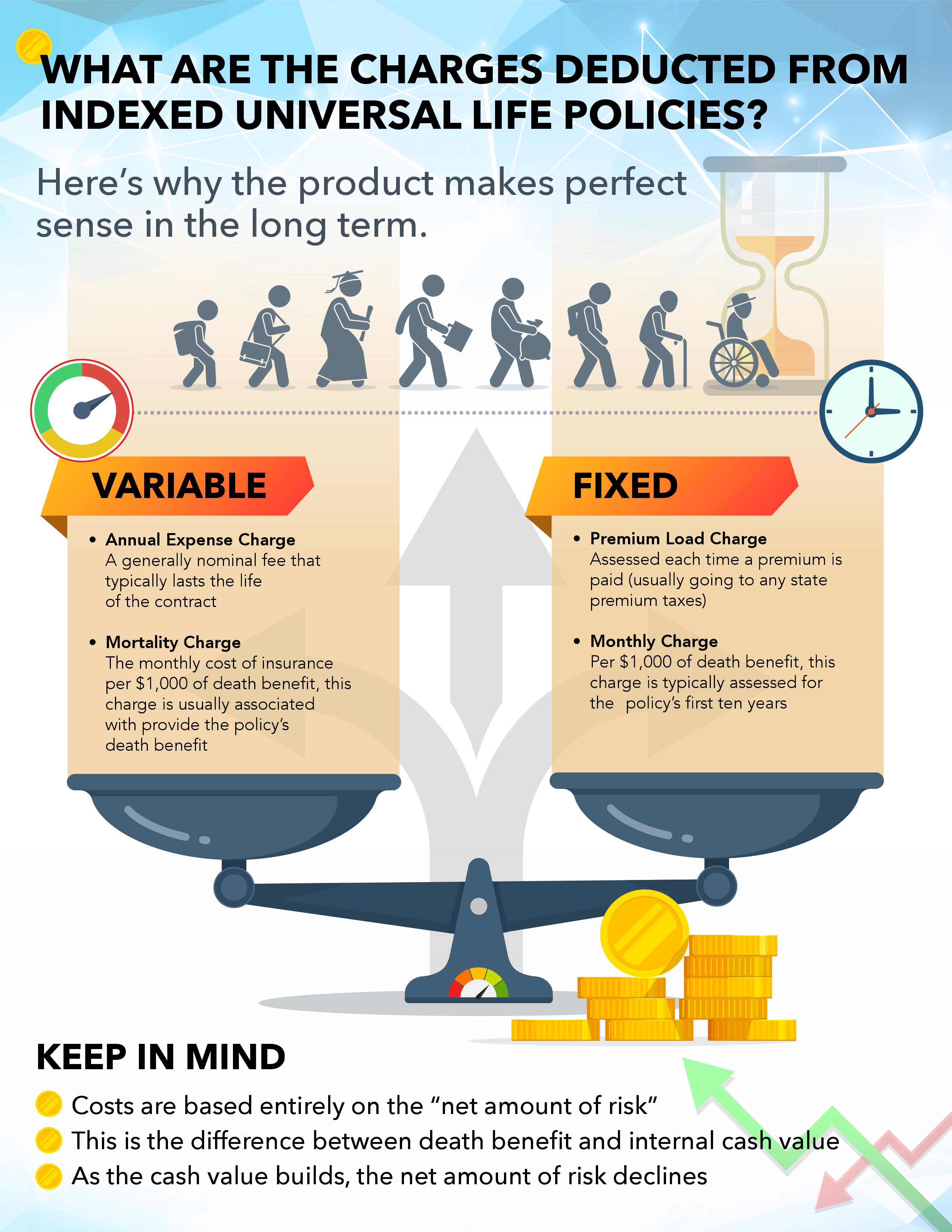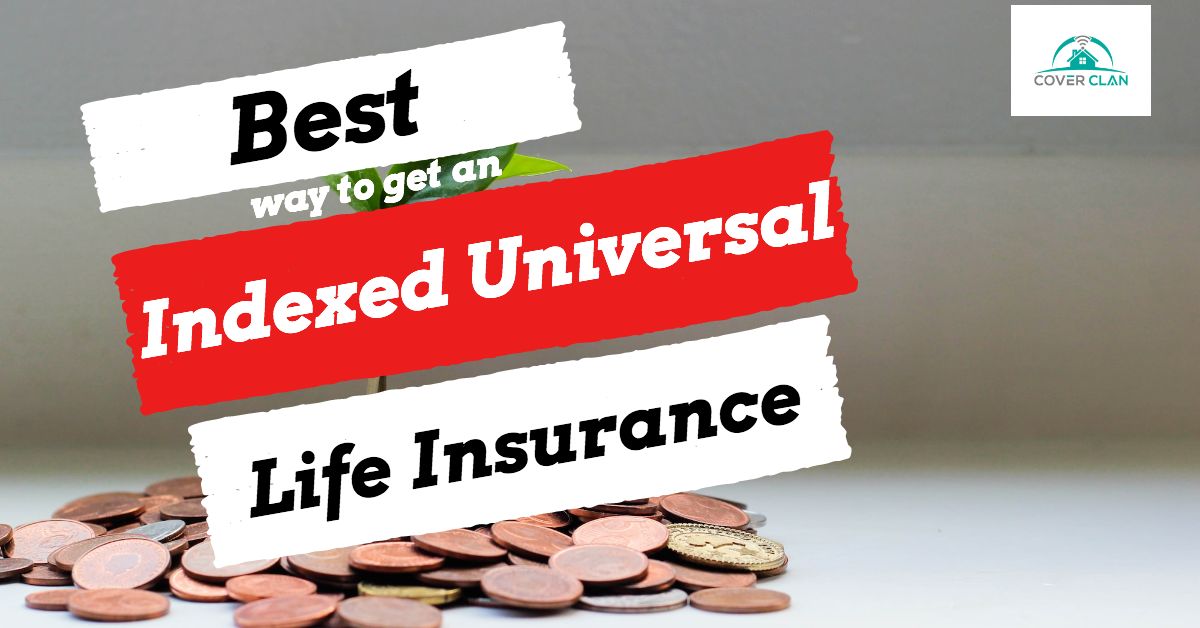All Categories
Featured
Table of Contents
1), frequently in an attempt to beat their category standards. This is a straw man disagreement, and one IUL folks enjoy to make. Do they compare the IUL to something like the Lead Total Supply Market Fund Admiral Show to no lots, a cost proportion (ER) of 5 basis points, a turnover ratio of 4.3%, and an outstanding tax-efficient document of circulations? No, they contrast it to some awful proactively handled fund with an 8% load, a 2% ER, an 80% turnover ratio, and a dreadful record of temporary capital gain distributions.
Common funds typically make yearly taxable distributions to fund owners, also when the worth of their fund has actually dropped in value. Shared funds not only need revenue coverage (and the resulting yearly tax) when the shared fund is increasing in worth, but can also enforce revenue taxes in a year when the fund has decreased in value.
You can tax-manage the fund, harvesting losses and gains in order to decrease taxable circulations to the capitalists, but that isn't somehow going to transform the reported return of the fund. The ownership of shared funds might need the common fund proprietor to pay projected tax obligations (pros and cons of indexed universal life insurance).

IULs are very easy to place to make sure that, at the proprietor's fatality, the beneficiary is not subject to either revenue or inheritance tax. The same tax obligation reduction strategies do not work virtually too with shared funds. There are various, typically costly, tax traps connected with the moment trading of mutual fund shares, traps that do not relate to indexed life insurance policy.
Opportunities aren't very high that you're mosting likely to go through the AMT as a result of your common fund circulations if you aren't without them. The remainder of this one is half-truths at ideal. While it is true that there is no income tax due to your successors when they inherit the profits of your IUL plan, it is also true that there is no revenue tax due to your heirs when they inherit a common fund in a taxable account from you.
Universal Life Insurance Comparison
The federal inheritance tax exception limit mores than $10 Million for a couple, and expanding each year with rising cost of living. It's a non-issue for the huge majority of medical professionals, a lot less the remainder of America. There are far better ways to stay clear of inheritance tax issues than getting financial investments with low returns. Shared funds may trigger income taxes of Social Protection benefits.

The growth within the IUL is tax-deferred and may be taken as tax obligation cost-free income through car loans. The policy proprietor (vs. the mutual fund supervisor) is in control of his or her reportable revenue, thus allowing them to minimize or perhaps get rid of the tax of their Social Safety and security benefits. This set is wonderful.
Below's another marginal issue. It's real if you get a common fund for claim $10 per share prior to the circulation day, and it distributes a $0.50 circulation, you are after that mosting likely to owe taxes (possibly 7-10 cents per share) regardless of the truth that you have not yet had any type of gains.
In the end, it's actually about the after-tax return, not how much you pay in tax obligations. You are mosting likely to pay more in taxes by utilizing a taxed account than if you buy life insurance policy. You're also possibly going to have even more cash after paying those tax obligations. The record-keeping requirements for having common funds are substantially more intricate.
With an IUL, one's records are maintained by the insurer, copies of yearly statements are mailed to the proprietor, and distributions (if any type of) are amounted to and reported at year end. This one is additionally kind of silly. Naturally you need to keep your tax documents in instance of an audit.
Max Funded Insurance Contract
Rarely a reason to buy life insurance coverage. Shared funds are typically component of a decedent's probated estate.
Furthermore, they are subject to the delays and costs of probate. The profits of the IUL plan, on the other hand, is always a non-probate circulation that passes outside of probate directly to one's called recipients, and is therefore exempt to one's posthumous creditors, unwanted public disclosure, or similar delays and costs.
Medicaid incompetency and lifetime revenue. An IUL can supply their owners with a stream of earnings for their entire life time, regardless of exactly how long they live.

This is helpful when organizing one's affairs, and converting possessions to income prior to a retirement home arrest. Common funds can not be converted in a comparable manner, and are usually thought about countable Medicaid properties. This is another silly one advocating that inadequate individuals (you know, the ones who need Medicaid, a government program for the poor, to pay for their assisted living home) ought to make use of IUL rather than mutual funds.
Eiul Policy
And life insurance coverage looks horrible when contrasted relatively versus a retirement account. Second, people that have money to buy IUL over and beyond their retirement accounts are mosting likely to have to be terrible at managing money in order to ever before receive Medicaid to spend for their assisted living home expenses.
Chronic and terminal ailment biker. All plans will permit an owner's very easy accessibility to cash from their policy, usually waiving any type of abandonment charges when such individuals suffer a serious illness, require at-home care, or come to be restricted to an assisted living facility. Common funds do not give a similar waiver when contingent deferred sales charges still apply to a shared fund account whose owner requires to sell some shares to fund the expenses of such a remain.
Group Universal Life
Yet you reach pay more for that advantage (rider) with an insurance policy. What a lot! Indexed universal life insurance supplies survivor benefit to the recipients of the IUL proprietors, and neither the proprietor nor the beneficiary can ever before shed money due to a down market. Shared funds provide no such assurances or death advantages of any kind of kind.
I absolutely don't require one after I reach monetary independence. Do I want one? On average, a buyer of life insurance policy pays for the true expense of the life insurance policy advantage, plus the expenses of the plan, plus the revenues of the insurance policy business.
Transamerica Index Universal Life Insurance
I'm not totally certain why Mr. Morais threw in the entire "you can't shed money" again below as it was covered quite well in # 1. He simply wished to duplicate the best marketing factor for these points I suppose. Once again, you do not shed nominal dollars, yet you can lose genuine dollars, along with face significant possibility cost because of reduced returns.

An indexed global life insurance policy policy owner might exchange their plan for a completely various plan without causing revenue taxes. A mutual fund proprietor can not move funds from one common fund company to an additional without marketing his shares at the former (therefore activating a taxable occasion), and repurchasing new shares at the last, typically based on sales charges at both.
While it holds true that you can exchange one insurance coverage plan for another, the reason that people do this is that the initial one is such a horrible plan that even after getting a new one and going through the very early, adverse return years, you'll still appear in advance. If they were sold the appropriate plan the very first time, they should not have any type of desire to ever exchange it and go with the early, negative return years again.
Latest Posts
Adjustable Life Insurance Vs Universal Life Insurance
Iu L
Universal Retirement Protection